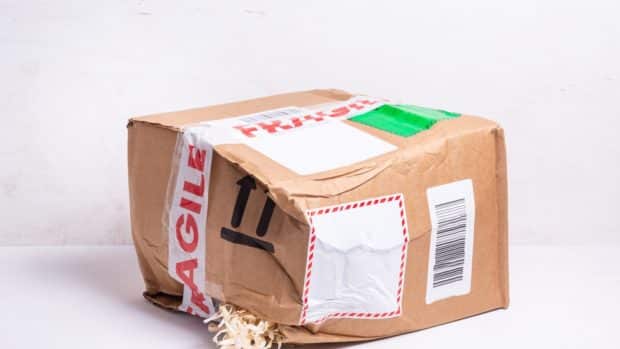Research from Barclays has found Brits are willing to spend more on their Christmas meals this year if they know the ingredients have been sustainably sourced.
Barclays proprietary data has found spend at independent food & drink businesses has rocketed by 58 per cent when comparing 2021 figures with 2019. On average, spending in November has grown by 24 per cent year-on-year since 2019.
Christmas is a critical trading month for independent food & drink business, and those outlets who source their groceries sustainably could benefit from a £165-million-pound boom.
Most Brits (62 per cent) said that they have noticed an independent food & drinks shop or market stall opening near to where they live over the past two years. When asked which new food outlets they’d seen opening over the past two years on their high streets, the most common were market stalls (41 per cent), independent bakers (36 per cent), independent butchers (34 per cent), local farm shops (34 per cent) and independent grocers (33 per cent). Three in ten people (29 per cent) said they will buy produce at these businesses this Christmas as they think it will reduce their carbon footprint, while 27 per cent are drawn to their premises as it means they don’t have to drive anywhere.
Over two-fifths of Brits (46 per cent) said they have become more climate-conscious this festive season due to the media attention on protecting the planet this year. This has had an impact on festive shopping routines, with over a third (35 per cent) of Brits saying they have checked the sustainability credentials of the shops they’re ordering from, and three in ten (30 per cent) going out of their way to buy food that is organic or sustainably sourced.
The sustainable Christmas meal boost to UK businesses
| UK region | Average additional spend on a sustainable Christmas meal | The regional Christmas meal windfall |
| London | £5.10 | £31,678,493 |
| South East | £3.20 | £20,299,610 |
| North West | £3.10 | £16,141,891 |
| South West | £3.60 | £15,605,325 |
| East of England | £3.10 | £14,339,243 |
| Scotland | £3.00 | £12,766,552 |
| West Midlands | £2.80 | £12,137,475 |
| Yorkshire & Humberside | £2.90 | £11,881,087 |
| East Midlands | £3.00 | £10,546,282 |
| North East | £3.70 | £7,334,820 |
| Wales | £2.40 | £5,518,957 |
| Northern Ireland | £3.70 | £4,987,678 |
Adam White, head of agriculture at Barclays, said: “Today’s research has found that consumers across the country are making more sustainable shopping choices as they prepare for the festive season. This interest will have a positive impact on the many small businesses and markets who are sourcing their produce from local farms.
“Barclays supports businesses in the supply chain from farm to fork, and our agriculture team works with farmers investing capital to become more sustainable. This season we’d encourage consumers to buy British, as understanding food’s provenance will help to establish a greener food system. We also recently found that 83 per cent of UK farmers believe they could be carbon neutral by 2035, five years ahead of the National Farmers Union 2040 goal.”
One business that is benefitting from new sustainable shopping trends is TH Burroughs, an award-winning family butchers and farm shop in Swindon. It sources meat from local, free-range suppliers and visits the farms to make sure that the animals are well looked after, as they believe that this positively impacts the quality of the meat being sold.
Graham and Jane Burroughs, owners of TH Burroughs said: “We sell to local pubs and restaurants, and during the national lockdown we held on to our high standards, sourcing quality meat for the area’s businesses providing takeaways.
“We’ve seen a huge increase in footfall from customers to our shop, where we advertise how produce has been sourced, and how it’s been raised or grown. Over the Christmas period we plan to ensure there’s enough produce for the local community but in a way that waste is avoided. Our cuts of meat are frozen so there aren’t any leftovers, and we even give away bones to customers so that they can make gravy or give them to their dogs.”
A Cumbrian farm that became organic last year has also been benefiting from more environmentally conscious consumers. Torpenhow Cheese supplies both local businesses as well as selling directly to consumers with their farm shop, and their business’ purpose is to ensure all Cumbrian locals have access to sustainable, high-quality cheese.
Mark and Jenny Lee, owners of The Torpenhow Cheese Company said: “Consumer sustainability trends have driven business growth, and we have recently hired three more cheesemakers. Last year we became an organic farm following a two-year conversion, which meant focussing on the health of the soil and ensuring our cows get all the nutrients they need from the grass and clovers they eat.
“Barclays supported us with capital along the way, meaning we could invest in systems that enable our business to reach such high standards. Our first organic cheese was ready to sell at start of the first lockdown, and this attracted new customers in the area. We also sell produce at local markets, which has been essential to drive more sales.”








Share